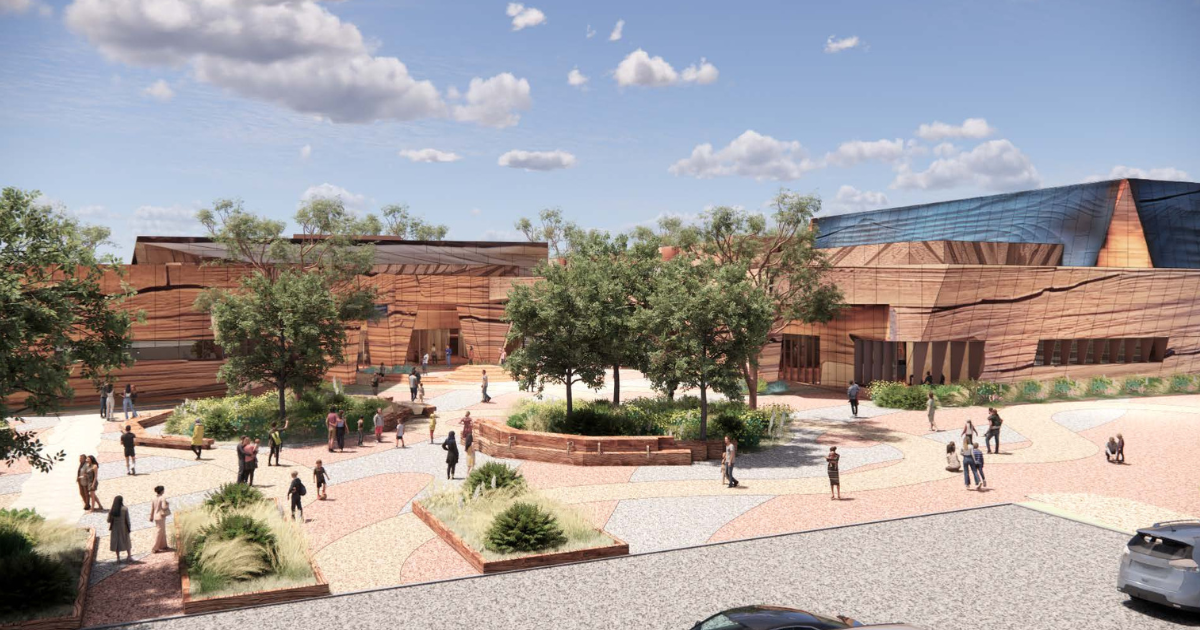City committed to greenhouse gas reductions
AT ITS May meeting, Council resolved that the new Northern Aquatic and Community Hub will be an all-electric facility. This decision demonstrates the City of Greater Geelong’s commitment to reducing greenhouse gas emissions.
While the upfront cost is higher compared with using gas as an energy source, annual operating costs will be at least $150,000 lower. Moreover, it will reduce the City’s greenhouse gas emissions by 1,700 tonnes per annum in line with our commitment to net zero by 2025, outlined in its Climate Change Response Plan. All of the organisation’s electricity is currently from 100 per cent renewable sources, like wind and solar.
If we are to meet scientifically based emissions targets and avoid locking in the most severe climate change impacts, we need to rapidly move away from fossil fuels, including gas. While some argue that gas produces less carbon dioxide than other fossil fuels like coal, this fails to account for emissions related to the whole life cycle of gas, or for the fact that gas emissions are predominantly methane. Gas actually has an emission footprint that rivals coal when the whole of its life cycle is taken into account, including extraction, storage, transport, end use, and ‘fugitive emissions’ (losses and leaks that occur along the way). Methane is also extremely potent – over 20 years, it has 83 times the global warming potential of carbon dioxide. When it comes to greenhouse gas emissions and the impact on climate, it is pointless to consider the emissions that occur at a single timepoint or place, or just carbon dioxide – total atmospheric greenhouse gases is what counts. The City has acknowledged that climate change is a global emergency; we have to consider the global impact of our actions.
Last month, a report from the Parliamentary Inquiry into renewable energy in Victoria was tabled in state parliament. The key message is that Victoria must – and importantly, can – transition much faster to 100 per cent renewable energy. The report details where we are at, and what needs to change, and examines moving away from gas. Victoria is currently the largest gas consuming state in the country; 66 per cent of Victorian households use gas for water heating and 64 per cent use gas for space heating. Recent global events leading to reduced gas availability and soaring prices highlight just how vulnerable we are here. Electrification is the fastest way to transition away from gas to renewable sources, but requires significant investment in appropriate infrastructure in a planned and coordinated way.
The report also recommends reviewing the current mandatory requirement for new buildings to be connected to gas infrastructure. New buildings – including houses in new developments – can and should be built for a renewable energy future. Setting them up to be reliant on gas infrastructure that will soon be redundant is irresponsible, locking in higher energy costs in the short term and expensive retrofitting down the track. Increasingly jurisdictions around Australia are creating all electric developments. The City is a member of the Council Alliance for a Sustainable Built Environment, along with 31 other Victorian councils, and many in the alliance are pushing for all new development to be gas free. The City is actively exploring this possibility for new development in Greater Geelong.
For houses or businesses already fitted with gas appliances, retrofitting is possible. At Geelong Sustainability’s 2021 Sustainable House Day, a workshop about creating a gas free home was by far the most popular event. Induction cooktops, electric heat pump or solar hot water systems, and electric heat pump space heating are available to replace gas.
But even with government grants, it can be expensive, and there is a need for greater support to homeowners (including landlords) to make the transition easier. Additionally, improving energy efficiency of buildings is essential – drafty, leaky, poorly insulated houses and businesses use a lot of energy, regardless of the source. Sustainability Victoria have some great resources for residents and businesses who are looking to both get off gas and improve the energy efficiency of their buildings.
The speed and scale of change required to meet the challenge of climate change is immense, but we have the tools, we just need to be willing to make the bold decisions required.
Cr Sarah Mansfield
Brownbill Ward, City of Greater Geelong


















